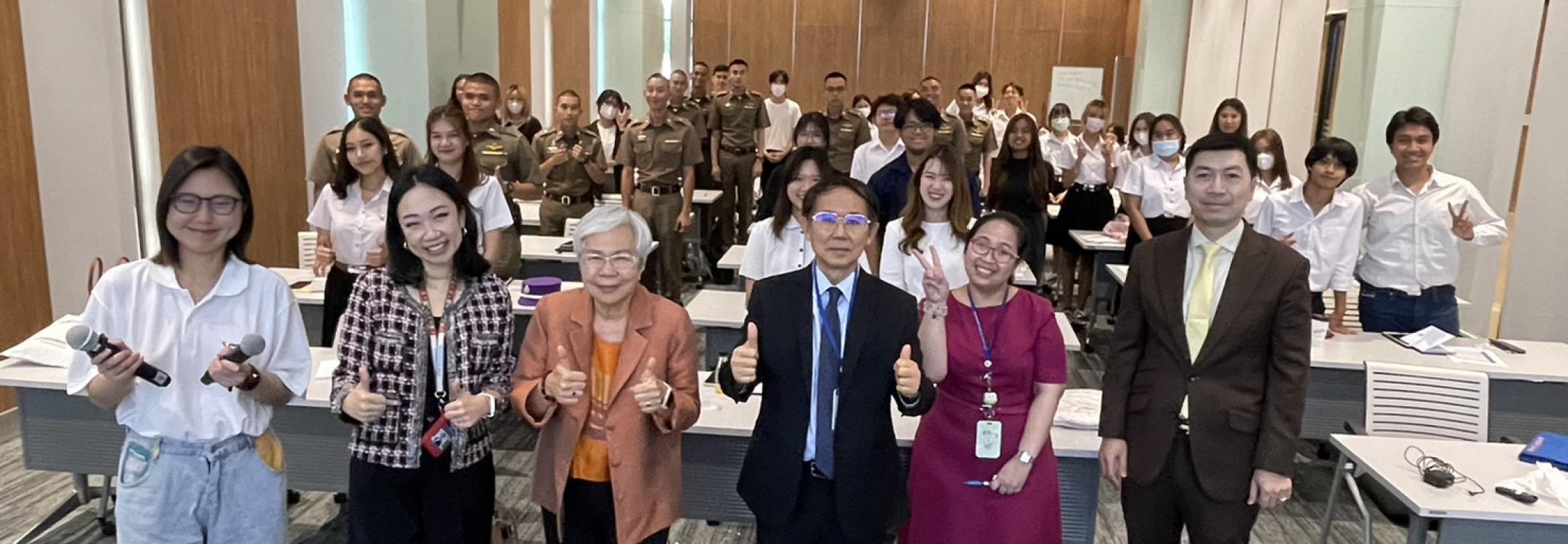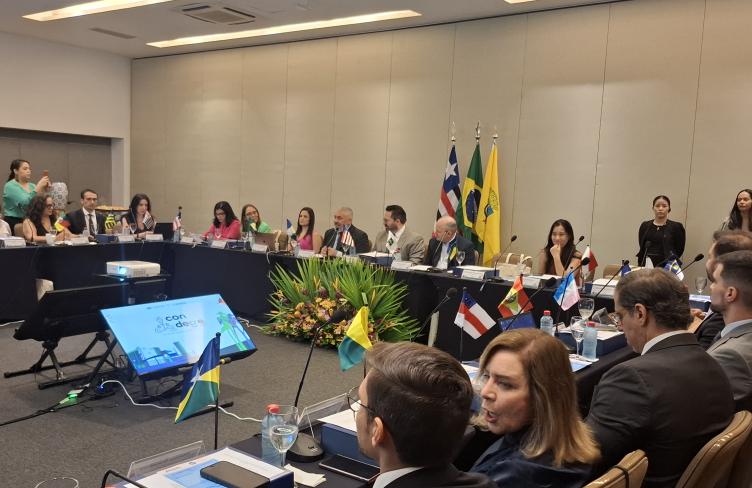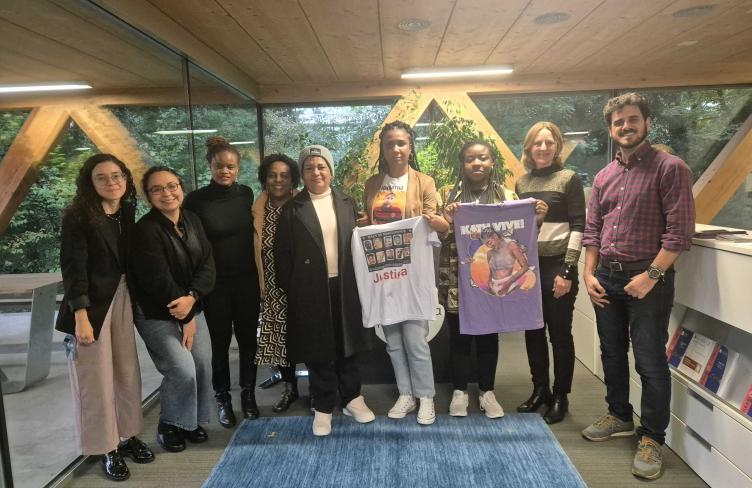
A innovative #SafeInCustody school will engage Thai young people across the country in a practical discussion on their rights, especially in relation to detention and policing.
Organised by the Cross Cultural Foundation of Thailand, in partnership with the National Human Rights Commission of Thailand (NHRCT) and the Thailand Institute of Justice, the programme was launched at a two-day event in Bangkok.
Held on 26-27 June 2023, to mark International Day in Support of Victims of Torture, the #SafeInCustody school introduced key elements of Thailand’s recently-adopted anti-torture legislation to university students.
In the opening address, NHRCT Commissioner Pitikarn Sitidej emphasised the importance of young people and other community members being active in promoting human rights and reporting cases of abuses by authorities, as set out in section 29 of the law. [1]
The protection of whistleblowers provided for under the law seeks to encourage individuals to come forward with information, without fear of retaliation, to ensure that those who commit acts of torture or enforced disappearance will be held accountable, Commissioner Sitidej explained.
Officers from the Royal Thai Police; the Department of Provincial Administration under the Ministry of Interior; the Department of Special Investigation; the Rights and Liberty Protection Department (RLPD) under the Ministry of Justice; and the Office of Attorney General presented their roles and shared information about their reporting mechanisms for the public.
“This was an important event to build synergies for torture prevention among police, government agencies, civil society and youth in Thailand,” said APT Regional Project Officer Manachaya Yankittikul.
“For young people, there were group activities to encourage them to build networks among themselves, as well as to explain their rights and how they can be protected.”
The first #SafeInCustody school included 30 university students from the Asian Law Students’ Association of Thailand, including the Royal Police Cadet Academy, Chulalongkorn University, Thammasart University, Assumption University and CrCF’s online registration from Ramkamhaeng University and Rangsit University.
APT Police Consultant Assoc. Prof. Pol. Lt. Col. Dr Krisanaphong Poothakool discussed the challenging interactions that Thai youth can experience with authorities, while explaining the function of police and the rights the public have when engaging with the police.
Representatives from the RLPD provided interactive session on the new anti-torture law, focusing on the definition of torture, ill-treatment and enforced disappearance. They also emphasised the the new mandatory requirements for law enforcement officials to make audio-video recordings during arrest.
In addition, Nuchnalin Leelasantana, public speaking trainer, presented about tips for participants about preparing for the #SafeinCustody speech competition. The winner of the national competition – to be held on Human Rights Day, 10 December – will represent Thailand at a regional competition featuring university students from Malaysia and the Philippines in January 2024.
The #SafeInCustody school will run workshops throughout Thailand, including in the south and the north. Twenty five students from the south gathered at Prince of Songkla University on 3-4 July, including students from PSU and local high schools. The next workshop will be held in Chiangmai, in collaboration with Faculty of Law, Chiangmai University.
The #SafeInCustody project is funded by the European Union. This content is the sole responsibility of the APT and does not necessarily reflect the views of the European Union.
----------------------------------------------------------------------------------
[1] Upon witnessing or learning about an act of torture, or of cruel, inhuman, or degrading treatment, or of enforced disappearance, the person shall report the case to an administrative official, a public prosecutor, an inquiry official, or the Committee or the Subcommittee assigned. The person who made the report, if acting in good faith, shall not be held accountable for either civil or criminal offence, or disciplinary action, even if it it turns out that such commission of the offence did not take place as reported.


